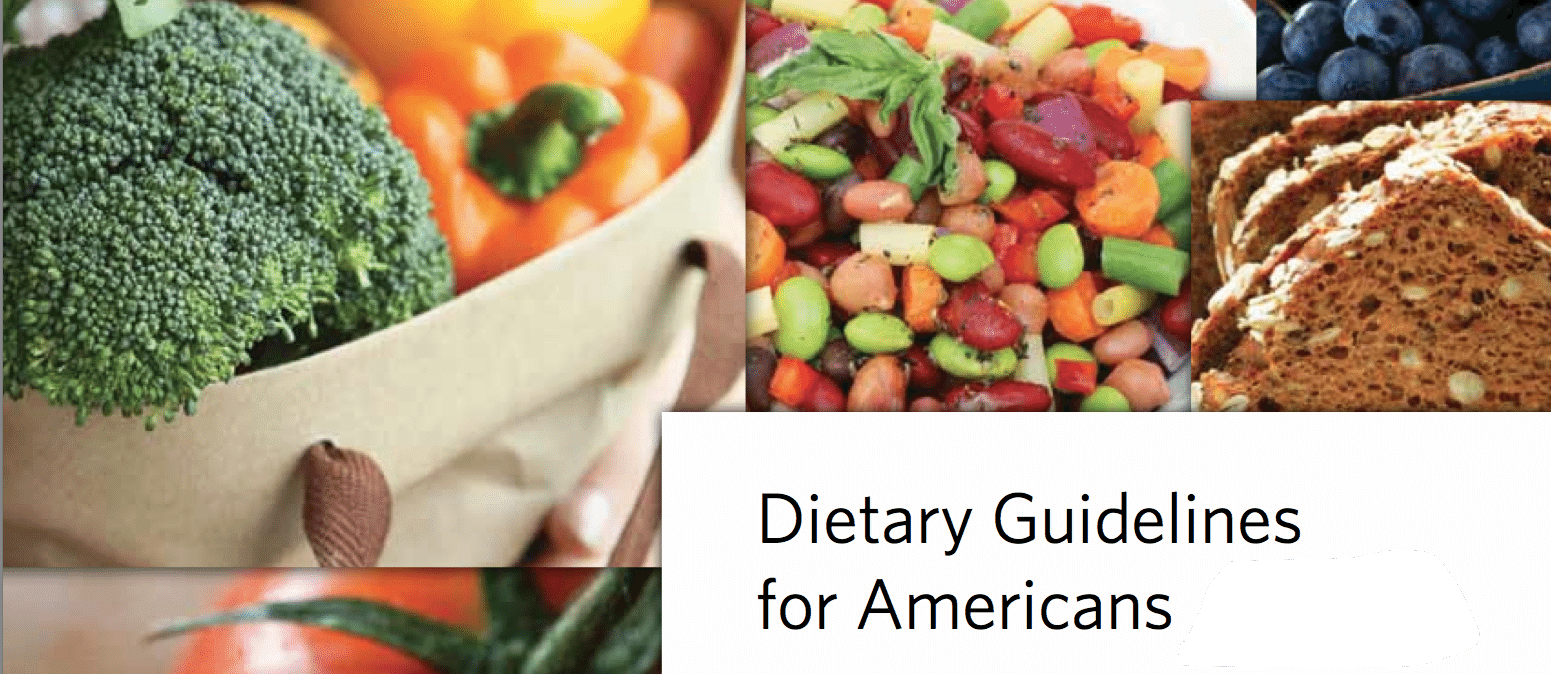This week I had the honor of speaking before the 2015 Dietary Guidelines Advisory Committee, which is responsible for making evidence-based recommendations on the next round of federal nutrition advice. Normally such meetings devolve into a platform for moneyed interests to lobby on behalf of their corporate clients, but if you watch the video (password: DGAC011414), I think you’ll be as surprised as I at the number of presenters pushing sane, healthy choices. For example, four out of the first five speakers promoted a plant-based diet.
Kathy Freston closed out the morning session (min. 1:55:52) and actress Marilu Henner shares a heartfelt appeal at 2:23:10.
The entire video is worth watching if just for the political education value. Big Sugar and Big Meat were on hand. You (almost) feel bad for the representative from the National Confectioner’s (candy) Association. I took the industry defensiveness as a good sign, encapsulated in press releases such as “Keep Dairy in the American Diet, National Milk Producers Federation Urges.”
The morning’s highlight can be seen at 1:31:05. Dr. Mona Sigal had just gotten through condemning the USDA for their cheese-pushing scandal at the behest of the dairy lobby, decrying the inordinate role Big Dairy has played in manipulating the dietary guidelines. The audience broke out into laughter as the next speaker was introduced: Jill Nicholls from the National Dairy Council.
Here’s a transcript of my comments (min. 17:18):
In the Permanente Journal last year, the official peer-reviewed publication of our nations largest managed care organization, a “Nutrition Update for Physicians” was published, which concluded that “Healthy eating maybe best achieved with a plant-based diet,” which they defined as a diet that encourages whole plant-based foods and discourages meat, dairy products, and eggs as well as empty calorie junk. To quote their conclusion: “Research shows that plant-based diets are cost-effective, low-risk interventions that may lower body mass index, blood pressure, HbA1C, and cholesterol levels. They may also reduce the number of medications needed to treat chronic diseases and lower ischemic heart disease mortality rates. Physicians should consider recommending a plant-based diet to all their patients, especially those with high blood pressure, diabetes, cardiovascular disease, or obesity,” which of course describes a bulk of our population.
This sentiment was echoed last summer by the American Institute for Cancer Research—probably the most preeminent institution on diet and cancer risk—when they explicitly endorsed a diet revolving around whole plant foods: vegetables, whole grains, fruits and beans.
I’ve personally been eating a plant-rich diet since 1990, when Dr. Dean Ornish published his Lifestyle Heart Trial in The Lancet, angiographically proving that heart disease could be reversed with the help of a plant-based diet, opening up arteries without drugs, without surgery. If that’s all a plant-based diet could do, reverse our number one killer of men and women, then shouldn’t that be our default dietary recommendation until proven otherwise? And the fact that plant-based diets can also be effective in preventing, treating, and arresting other leading killers, such as type 2 diabetes and hypertension, would seem to make the case for plant-based eating overwhelming.
Now to the last Guideline Committee’s great credit, the 2010 guidelines were a leap in the right direction, recognizing food as a package deal. Yes there’s calcium in dairy, protein in pork, iron in beef, but because of the baggage that comes along (like the saturated fat and cholesterol), plant sources are preferable, because then the “baggage’ we get is the fiber, the folate, the phytonutrients, etc.
I would like to see the committee be more explicit, though. When “eat-more” recommendations are issued, the messaging is clear—for example, “Increase vegetable and fruit intake.” But when there’s a conflict between USDA’s dual role to protect the public while at the same time promoting agricultural products, recommendations often resort to speaking in cryptic biochemical components, such as “Reduce intake of solid fats (major sources of saturated and trans fatty acids).” How about instead, eat less cheese. Or messages like drink less soda. Eat less meat, particularly processed meat. The American Institute for Cancer Research just comes out and says it: “Processed meat like bacon, sausage, and cold cuts should be avoided.” Period. They don’t need to sell food; they just want to prevent cancer.
I am not here today on behalf of the broccoli lobby (though I’d be honored to represent big broccoli). I am not here representing any financial interest. I am here as a physician, representing the interests of the hundreds of thousands of Americans that continue to suffer and die every year from chronic disease. And you can help them by recommending a more plant-based diet.
For those interested in my thoughts about the last round of federal dietary guidelines I’ve compiled them into a 14 part video series:
- Nation’s Diet in Crisis
- Dietary Guidelines: Corporate Guidance
- Dietary Guidelines: With a Grain of Big Salt
- Dietary Guidelines: USDA Conflicts of Interest
- Dietary Guidelines: Just Say No
- Dietary Guidelines: The First 25 Years
- Dietary Guidelines: From Dairies to Berries
- Dietary Guidelines: It’s All Greek to the USDA
- Plant Protein Preferable
- Dietary Guidelines: Science Versus Corporate Interests
- Dietary Guidelines: Advisory Committee Conflicts of Interest
- New Dietary Guidelines for Americans
- Dietary Guidelines: Progressing From Pyramid to Plate
- Dietary Guidelines: Pushback From the Sugar, Salt, and Meat Industries
-Michael Greger, M.D.
PS: If you haven’t yet, you can subscribe to my videos for free by clicking here and watch my full 2012 – 2015 presentations Uprooting the Leading Causes of Death, More than an Apple a Day, From Table to Able, and Food as Medicine.
